The Elusive Leopards of Africa: Masters of Stealth
Leopards, with their striking rosette-patterned coats and graceful movements, are among the most captivating and elusive predators of the African wilderness. Known for their adaptability and solitary nature, these magnificent big cats are a favourite among wildlife enthusiasts and photographers. At Indigo Safaris, we recognise the allure of leopards and the vital role they play in the ecosystem. In this blog, we'll explore the world of leopards, delving into their behaviour, habitat, hunting strategies, and the importance of their conservation.
1. Solitary and Stealthy: The Life of a Leopard
Leopards are solitary animals, preferring to live and hunt alone, except during mating season or when a mother is raising her cubs. This solitary lifestyle is a key aspect of their survival strategy, allowing them to remain elusive and avoid competition with other predators.
- Territorial Animals: Each leopard has its own territory, which it marks with scent markings and scratch marks on trees. The size of a territory varies depending on the availability of prey and the presence of other leopards. - Silent Hunters: Leopards are known for their stealth and ability to move silently through their environment. Their spotted coats provide excellent camouflage, allowing them to blend into the dense underbrush and shadows of the forest. 2. Hunting and Diet: Adaptable Predators
Leopards are highly adaptable predators, capable of hunting a wide range of prey. Their diet includes small mammals, birds, reptiles, and larger ungulates. Their ability to adapt their hunting strategies to different environments sets them apart from other big cats.
- Nocturnal Hunters: Leopards are primarily nocturnal, using the cover of darkness to stalk and ambush their prey. Their keen eyesight and acute hearing make them formidable night hunters. - Tree Dwellers: Leopards are exceptional climbers and often drag their kills into trees to protect them from scavengers such as hyenas and lions. This behaviour also allows them to feed in relative safety. 3. Habitat: Where Do Leopards Live?
Leopards are incredibly versatile and can be found in a wide range of habitats across Africa, from savannahs and forests to mountains and deserts. Their adaptability to diverse environments is one of the reasons for their wide distribution.
- Geographical Range: Leopards have the largest distribution of any wild cat, found in sub-Saharan Africa, parts of Asia, and the Russian Far East. However, their populations are fragmented and under threat in many areas. - Territory: The size of a leopard's territory can range from 5 to over 400 square kilometres, depending on habitat type and prey availability. Male territories are generally larger than those of females and may overlap with several female territories. 4. Conservation Status: Protecting the Elusive Predator
Despite their adaptability, leopards face significant threats that have led to a decline in their population. Habitat loss, human-wildlife conflict, and illegal hunting for their skins and body parts are major concerns.
- Population Decline: Leopards are listed as vulnerable on the IUCN Red List, with their populations decreasing in many parts of their range. Accurate population estimates are challenging due to their elusive nature. - Conservation Efforts: Efforts to protect leopards focus on habitat preservation, anti-poaching initiatives, and reducing human-wildlife conflict. Supporting these efforts is crucial for the survival of leopards in the wild 5. The Role of Leopards in the Ecosystem
Leopards play a vital role in maintaining the balance of the ecosystems they inhabit. As apex predators, they help control the populations of herbivores and smaller predators, contributing to the overall health and diversity of their environment.
- Biodiversity: By regulating prey populations, leopards promote biodiversity and prevent overgrazing, which can lead to habitat degradation. - Tourism: Leopards are a significant attraction for wildlife tourism, which generates important revenue for conservation efforts and local communities. At Indigo Safaris, we prioritise responsible tourism practices to ensure that our guests can enjoy sightings of leopards without negatively impacting their natural behaviour and habitats. 6. Encountering Leopards on Safari with Indigo Safaris
A safari experience with Indigo Safaris offers the unique opportunity to observe these elusive predators in their natural habitat. Our expert guides are knowledgeable about leopard behaviour and will ensure you have a safe and unforgettable encounter. Here are some of the best spots to see leopards:
- Sabi Sand Game Reserve, South Africa: Known for its high density of leopards, Sabi Sands offers some of the best leopard sightings in Africa. The reserve's luxury lodges and expert guides provide an exceptional safari experience. - Serengeti National Park, Tanzania: The Serengeti’s immense herbivore stocks support a healthy leopard population. - Kruger National Park, South Africa: One of Africa's largest game reserves, Kruger National Park is home to a significant leopard population. The park's varied landscapes offer numerous opportunities to spot these elusive cats. - Luangwa Valley, Zambia: The dense woodlands and riverine habitats of South Luangwa National Park are ideal for leopard sightings. Night drives in this park can be particularly rewarding. - Mokolwane concession, Okavango Delta, Botswana: This unique inland delta is a haven for wildlife, including leopards. The Delta's waterways and islands create a picturesque setting for observing leopards in action. Early morning and late afternoon game drives provide the best chances of spotting leopards as they are most active during these times. Final Thoughts
Leopards are the epitome of stealth and grace, symbolising the intricate beauty and complexity of the natural world. At Indigo Safaris, we are committed to providing our guests with unforgettable experiences while promoting the conservation of these incredible creatures. Join us on a journey to the heart of the African wilderness and witness the elusive beauty of leopards firsthand.
For more information about our bespoke safari packages visit our website or contact us today
0 Comments
Unveiling the Big Five: A Safari Adventure into Africa's Majestic Wildlife
Embark on a thrilling journey through the heart of Africa and encounter the continent's most iconic creatures - the Big Five. These magnificent animals have captured the imagination of adventurers and conservationists alike for centuries, each possessing its own unique charm and mystique. Join us as we delve into the fascinating world of the Big Five and uncover some intriguing facts about these majestic beasts.
1. The Mighty African Elephant
The African elephant, with its colossal size and gentle demeanor, is the largest land animal on Earth. Did you know that these majestic giants can weigh up to a staggering 6 tons? Despite their enormous bulk, elephants are surprisingly agile and can reach speeds of up to 40 km/h (25 mph). Their impressive tusks, used for digging, lifting, and defense, can grow up to 3 meters (10 feet) in length.
2. The Ferocious African Lion
Hailed as the king of the jungle, the African lion commands respect with its majestic mane and powerful roar. These apex predators are highly social animals, living in prides led by a dominant male. Lions are renowned for their incredible strength, capable of bringing down prey much larger than themselves. In fact, a lion's roar can be heard from as far as 8 kilometers (5 miles) away, serving as a territorial declaration and a warning to rival males.
3. The Stealthy African Leopard
With its sleek, spotted coat and elusive nature, the African leopard is a master of stealth and camouflage. These solitary hunters are expert climbers, often dragging their prey high into the safety of trees to feast upon at leisure. What's truly remarkable about leopards is their adaptability - they can thrive in a wide range of habitats, from dense forests to arid savannas, making them one of Africa's most versatile predators.
4. The Stalwart African Buffalo
Don't be fooled by their placid appearance - African buffaloes are one of the continent's most formidable adversaries. Known for their unpredictable behavior and fierce temperament, these old males massive herbivores are not to be trifled with. Despite their large size, buffaloes are surprisingly agile and can run at speeds of up to 55 km/h (35 mph) when threatened. They often travel in large herds for protection, with older, more experienced individuals leading the way.
5. The Majestic African Rhino
Last but certainly not least, we have the majestic African rhinoceros, a symbol of strength and resilience. With their prehistoric appearance and formidable horns, rhinos are among the most iconic and endangered species on the planet. There are two species of African rhinos - the black rhino and the white rhino - both facing threats from habitat loss and poaching. Despite their massive size, rhinos are surprisingly fast runners, capable of reaching speeds of up to 50 km/h (30 mph) when provoked.
As we journey through the African wilderness, let us marvel at the beauty and diversity of these extraordinary creatures. The Big Five remind us of the importance of conservation efforts in preserving our planet's precious wildlife for generations to come. So, whether you're planning a safari adventure or simply admiring these magnificent animals from afar, take a moment to appreciate the wonder of Africa's Big Five.
Experience the Majesty of Victoria FallsWelcome to the breath-taking world of Victoria Falls, where nature's grandeur takes center stage and leaves visitors spellbound. Situated on the border of Zimbabwe and Zambia, Victoria Falls is one of the most iconic natural wonders on the planet, drawing travellers from far and wide to witness its awe-inspiring beauty. Exploring Victoria Falls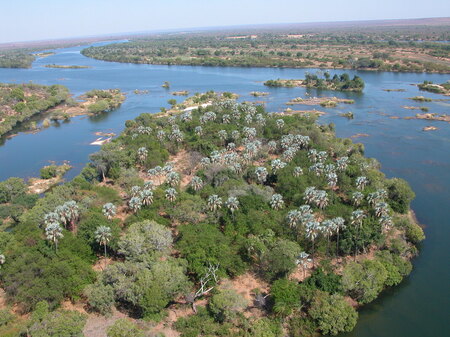 When it comes to experiencing Victoria Falls, there's no shortage of opportunity. With the KAZA visa, travellers have the opportunity to cross into Zambia via the Livingstone Bridge and explore the Zambian side of the falls, either independently or as part of a guided tour. However, it's worth noting that 75% of the falls are visible from the Zimbabwean side, offering 16 viewpoints that cut through the lush rainforest. A network of paths allows visitors to thoroughly explore the falls from every angle, immersing themselves in its majesty. The Power of Victoria FallsBoth the Main Falls and Devils Falls are visible from Zimbabwe and unlike some waterfalls that dwindle to a trickle during the dry season, Victoria Falls maintains its impressive flow year-round. Even at the height of the dry season in October and November, the Main Falls and Devil's Cataract continue to showcase the incredible power of nature. Wildlife & ConservationFor those seeking wildlife encounters, Zimbabwe offers superior game viewing opportunities along the Zambezi River. Upstream of Victoria Falls has been carefully managed, resulting in an almost 80 km stretch of pristine National Park brimming with wildlife. Zambezi National Park is home to four of the Big Five, and has some excellent lodges and camps on islands and on the Sandy river banks providing opportunities for game drives in open 4x4 vehicles, guided game walks, kayaking, tiger bream fishing, and amazing sundowners. Victoria Falls also has a myriad of opportunities for adventure seekers with white water rafting, hydrospeed, bungy jumping from Livingstone Bridge, rope swings, canopy tours, jet boating, rhino tracking, microlight flights, the "Flight of Angels" helicopter trips over the falls and down the gorge. More sedate but equally rewarding activities include sedate upstream kayaking, sundown cruises and wildlife viewing, local gastronomy, and horseback riding. Convenience and AccessibilityThe town of Victoria Falls sits just a stone's throw away from the falls themselves, with many hotels and lodges located within walking distance. This proximity means that visitors can easily access the falls and explore at their leisure, without the need for lengthy transfers. Where to StayThere is a range of guest houses and hotels in Victoria Falls town, all well-located for those wishing to have an action-packed stay. Amongst our favourites in town are Victoria Falls Hotel, Ilala, and Batonka Guesthouse, by the river there is Victoria Falls Safari Lodge, Old Drift Lodge, and in it's own nature reserve close to town, Ursula's Homestead, the Stanley & Livingstone Boutique Hotel and The Elephant Camp. In ConclusionVictoria Falls is more than just a natural wonder – it's an experience that captivates the senses and leaves a lasting impression. From its thundering cascades to its abundant wildlife and charming town atmosphere, Victoria Falls offers a truly unforgettable journey into Africa's wilderness. So why wait? Embark on your Victoria Falls adventure today and witness the magic for yourself.
The Necessity
In the realm of wildlife conservation, few issues evoke as much debate and contemplation as the practice of dehorning Rhinos. These magnificent creatures, once widespread across the savannas and forests of Africa and Asia, now face a dire threat from poaching driven by the illicit trade in their horns. In response, conservationists have turned to drastic measures, including dehorning, as a means to protect these iconic animals. However, the practice is not without controversy, raising ethical, practical, and even philosophical questions about our approach to preserving endangered species.
Understanding the Crisis
Before delving into the complexities of dehorning, it's crucial to understand the context of the Rhino poaching crisis.
Rhinos are hunted relentlessly for their horns (A staggering est 2600 remained in Kruger Park in 2020 after an approximate number of 10 600 in 2011), reasons which include erroneous beliefs of medicinal properties in China, despite scientific evidence to the contrary (It’s only made up of the protein, keratin, basically compressed hair) and a sign of affluence in Vietnam. As a result, Rhino populations have plummeted, with some species teetering on the brink of extinction (currently only 2 known Northern White Rhinos exist). Conservation efforts have thus far struggled to curb poaching effectively. Despite increased security measures and anti-poaching initiatives, the demand for Rhino horn remains high, fueled by lucrative black markets. In this battle to save the Rhino, conservationists have turned to unconventional methods, including dehorning, as a means of protecting these vulnerable animals. The Practice of Dehorning
Dehorning involves the removal of a Rhino's horn, typically through a tranquilizing process carried out by experienced veterinarians. The procedure is performed with meticulous care to ensure the safety and well-being of the animal. By removing the horn, which is the primary target for poachers, conservationists aim to reduce the incentive for illegal hunting while allowing the Rhino to continue living without the constant threat of poaching.
The Controversy Surrounding Dehorning
While dehorning may seem like a straightforward solution to the poaching crisis, it is not without its critics. Some argue that removing a Rhino's horn fundamentally alters its natural behaviour and compromises its ability to defend itself, find mates, and establish social hierarchies.
Additionally, there are ethical considerations to weigh. Critics contend that dehorning robs Rhinos of an essential aspect of their identity and undermines their intrinsic value as living beings. There is also the question of whether it is fair to alter the appearance of an animal simply to protect it from human greed and exploitation. Furthermore, dehorning is not a fool-proof deterrent against poaching, as determined poachers still target dehorned Rhinos for the stub that has an economic value, albeit lesser, and to avoid tracking and pursuing the same individual again. The question here is, does the dehorning really work? Or should we be putting the approximate cost of $1 500 per Rhino towards anti-poaching (patrols, community programs and effective prosecutions) as well as education in Vietnam & China. The Conservation Imperative
Despite these reservations, many conservationists would argue that dehorning is a necessary and pragmatic measure in the fight to save Rhinos from extinction. With populations dwindling and poaching rates soaring, desperate times call for desperate measures. Dehorning, when carried out responsibly and ethically, can buy valuable time for conservationists to address the root causes of poaching, such as poverty, corruption, and the demand for Rhino horn.
Moreover, dehorning is often implemented alongside other conservation strategies, such as community engagement, habitat protection, and anti-poaching patrols and general education. It is but one tool in the conservation toolbox, albeit a controversial one. At best, dehorning reduces poaching in the reserve where it is implemented but the poachers just apply there gruesome skills in the nearest reserve without dehorned animals. In 2023, in KwaZulu-Natal, South Africa, where private reserves carry out dehorning, state-run Hluhluwe-iMfolozi lost over 300 rhinos due to a lack of resources and an inability to deal with increased poaching pressure. Looking Ahead
As we navigate the complexities of Rhino conservation, it is essential to approach the issue with humility, compassion, and a willingness to adapt our strategies in response to new challenges and insights. Dehorning is not a perfect solution, in a world where Rhinos are being slaughtered at an alarming rate, it represents a temporary reprieve.
Is it a lifeline for a species on the brink, or are there more effective measures? Such as the newly (2018) introduced anti-poaching K-9 Units that have proven highly effective. They are able to track poachers for miles as well as detect illegal animal products in vehicles and homes allowing authorities intervention on suspected poachers & traffickers. Ultimately, the fate of the Rhino rests in our hands. It is up to us to confront the root causes of poaching, to address the underlying socio-economic factors that drive the illegal wildlife trade, and to cultivate a global ethic of stewardship and respect for the natural world. Only then can we hope to ensure a future where Rhinos roam freely, their horns intact, for generations to come. Other proposed strategies: Keep Rhino Alive Did you know that one of the famous animals in Safari, called ‘Dik-dik,’ spends 67% of its lifetime with its pair? Like them, taking a safari for the first time isn’t something you should experience alone. But where should your group visit? The magic of Africa becomes vividly real on your first safari, rousing your senses and introducing an unexplained connection with nature that becomes hard to ignore thereafter. As Safari specialists, we guarantee an unforgettable journey to striking Safari destinations etched with impressive biodiversity, incredible sightings, and rich history. One of the best safari destinations that stands out in South Africa and is suitable for first-time safari-goers is the Greater Kruger area - an extended wildlife ecosystem that includes the Timbavati and Klaserie Game Reserves. Greater Kruger AreaSteeped in history and spanning a colossal 20,000 square kilometers, the Greater Kruger represents a significant portion of northeastern South Africa's vibrant ecosystem. This vast area showcases incredible landscapes, ranging from savannahs to dense forests. It also serves as a sanctuary for thousands of unique wildlife species. Once you get inside this area, you’ll be welcomed by hundreds of mammals, birds, and reptiles flourishing in their natural habitats. Among the star attractions of this extensive region are the number of elephants, buffalo, lions, and rhinos, which draw countless wildlife enthusiasts. Expansive EcosystemsThe Greater Kruger area is divided into several sections, with some reserved for public access while others are designated as private concessions. These private reserves are exclusive, intimate, and luxurious safari experiences. Game drives in private reserves are guided by experienced rangers and trackers, allowing guests to get closer to wildlife and uncover lesser-known facts about the animals, plants, and ecosystems. In addition to that, the Greater Kruger area is home to cheetahs, wild dogs, hyenas, giraffes, hippos, and various types of antelope, providing visitors with an unrivaled opportunity to experience the wildlife spectacles of South Africa. Birdwatchers can also rejoice, as over 500 bird species reside in this region, including the African Fish Eagle, Bateleur, Lilac-breasted Roller, and Southern Ground Hornbill. Exploring the Greater Kruger area, visitors can fully immerse themselves in the beauty of South Africa's diverse biomes. The varied landscapes provide perfect backdrops for wildlife photography, adding to the unforgettable safari memories. Educational ExperiencesIn the Greater Kruger area, you get to participate in immersive and educational experiences provided by the reserves. From guided bush walks and spotlight night drives to interactions with the local communities, these activities enable guests to develop a deeper connection with the African wilderness and its people. Conservation efforts within the area, such as anti-poaching units and programs to minimize human-wildlife conflict, also play a vital role in sustaining the abundant wildlife of Greater Kruger. As far as unforgettable introductions to the wild are concerned, the Greater Kruger area is the perfect setting for Kruger National Park Safari packages. For those looking for a personalized and tailor-made safari experience away from the crowd, our safari experts offer private trips to explore the depths of Africa's untamed wilderness. Enjoy a no-consultancy fee or booking fee trips from our team. Sabi Sand Game ReserveNow, if you’re more interested in the sighting of the large cats of the safari, the Sabi Sand Game Reserve is the place for you. Enveloping the southeastern corner of the iconic Kruger National Park, Sabi Sand Game Reserve forms an essential piece of the Greater Kruger area puzzle. Its fame comes from its unparalleled leopard sightings, giving credence to the phrase "where leopards fall from the trees." This expression alludes to the high concentration of leopards residing in this reserve, which allows visitors to have frequent encounters with these elusive creatures in their natural habitat. The place also has thrilling displays of lions, elephants, rhinos, buffalos, cheetahs, giraffes, zebras, and numerous bird species. But that’s not the only interesting sighting in this reserve. Sabi Sand Game Reserve spans 65,000 hectares, resulting in a diverse landscape that incorporates savanna grasslands, woodland, and riverine. The experience at Sabi Sand goes beyond game drives. Guided bush walks give guests intimate encounters with the flora and fauna, while night drives reveal the nocturnal wildlife. Accommodations within the Reserve range from comfortable lodges to opulent safari tents, boasting impressive vistas of the surrounding wilderness and extraordinary African night skies. These private lodges serve as luxurious bases from which to explore the untouched beauty of the wilderness. Each safari journey becomes a personal, intimate exploration of this thriving ecosystem, punctuated by exceptional service and a myriad of comfort and leisure amenities. Timbavati and Klaserie Game ReservesTimbavati, known for its white lions, a rare genetic variant of the African lion, provides a unique draw for wildlife enthusiasts. The landscape of Timbavati, dotted with acacia trees and dry riverbeds, creates a picturesque backdrop for game drives. Visitors often find themselves in awe of not just the lions but also the diverse range of other wildlife, including the African elephant, leopard, rhino, and buffalo – collectively known as the Big Five. Adjacent to Timbavati, the Klaserie Private Nature Reserve boasts a more untouched, rugged beauty. It is one of the largest privately owned nature reserves in South Africa, spreading over vast expanses of unspoiled wilderness. This reserve is renowned for its successful rhino conservation efforts. Klaserie's approach to safari is deeply rooted in ecological sustainability, offering an immersive experience that respects the delicate balance of nature. Both of these safari destinations offer exclusive lodges and camps where luxury and nature seamlessly intertwine. You can visit our website to find the best combination itineraries that you can get. These accommodations provide an intimate setting for guests, with limited numbers ensuring a personal and unobtrusive wildlife experience. Madikwe Game ReserveMadikwe Game Reserve, located in the North West Province of South Africa, near the Botswana border, stands out for its distinctive approach to wildlife conservation and community involvement. Covering approximately 75,000 hectares, it's one of the country's largest game reserves. Established in 1991 as part of a unique initiative, Madikwe represents a pioneering effort in South Africa to involve local communities in wildlife tourism. The reserve is malaria-free and home to a rich biodiversity, including the Big Five. With over 300 bird species, Madikwe is a paradise for bird watchers. The varied ecosystems within the reserve support a wide range of birdlife, offering enthusiasts a chance to spot both common and rare species. Indigo Safaris: Where Every Journey Is LegendaryAt Indigo Safaris, we invite you to immerse in an unforgettable South African safari experience, taking in the wonder and delight of the Greater Kruger Area, including the Sabi Sand, Timbavati, Klaserie, and Madikwe Game Reserves. Explore the variety of South African Safari packages we offer, and let's create the ultimate safari experience together.
In the still of the night, when much of the world slips into slumber, the African wilderness stirs, revealing a unique and spectacular display of nature. Embark on a thrilling adventure to witness the nocturnal wonders of Africa with a night safari, a journey that defies the ordinary and invites you into the extraordinary. As specialists in designing enchanting safari, beach, diving, and snorkeling experiences, we at Indigo Safaris aspire to be your ultimate guide on this quest. Immerse yourself in this rich exploration of night safaris and uncover the wild, untamed beauty of Africa, as experienced beneath a star-filled sky. The Nighttime Wonders of African WildlifeWhen the sun dips below the horizon and darkness blankets the vast African landscape, a new world emerges, a world where the nocturnal creatures of Africa come out to play. Embarking on a night safari with us at Indigo Safaris opens doors to an unseen realm teeming with life, unveiling a wildly original spectacle compared to traditional day safaris. Nocturnal Wild-LifeAs night begins to unfold, the king of the savannah, the lion, becomes all the more active. While lions can be spotted during the day, they truly thrive after sunset; their night vision and superb hunting techniques are an exhibit of nature’s fascinating ways. The captivating sight of a lion prowling under the blanket of darkness is an experience that showcases the compelling power of the African wild. The elusive leopards, among the hardest wild cats to spot due to their nocturnal and solitary nature, become stars of the show as the sun falls. Their heightened senses, sleek camouflage, and silent movements make night-time expeditions a special treat for spotting these mysterious creatures. Besides lions and leopards, our night safaris open the stage for a myriad of other nocturnal creatures like hyenas, civets, and porcupines. The smaller creatures often overlooked in the daylight — such as bushbabies with their enormous eyes or the stealthy serval cats — take their turn in the spotlight under the cover of darkness. Comparing Day and NightComparing night safaris with traditional daytime ones is like contrasting two brilliant stories set in the same location yet designed with different characters and experiences. Daytime safaris are filled with vibrant landscapes, and herds of elephants, giraffes, and zebras, offering an incredible opportunity to witness the predator-prey interaction. However, the night safari presents a chance to observe how the wildlife adapts to darkness, ultimately offering a richer understanding of the ecological balance of the African wilderness. Herein lies the unique allure and advantages of the night safari. The enchanting sounds of the wilderness at night, coupled with the cooler temperatures and fewer crowds, make this nocturnal escapade an unforgettable, intimate experience. Enhanced with our expert local guides, you gain a more nuanced appreciation of the African wildlife, understanding the habits, sounds, and tracking methods characteristic to the night. When booking your night safari with us at Indigo Safaris, you’re not only signing up for an adventure but also an education that promises the magic of discovery and a profound connection with nature. Join us in embracing the mystery, and unfold the incredible nighttime secrets of the African wild. The Role of Local Guides in Night SafarisLocal guides play an indispensable role in your night safari adventure. They are much more than drivers; they are custodians of nature, possessing an extensive understanding of the intricacies of African wildlife. These guides are individuals who have grown up near the wilderness, shaping them into experts in tracking and identifying creatures of the dark. Wildlife ExpertiseTheir seasoned eyes, honed by years of navigating the African terrain, can discern shapes and movements that an untrained observer might usually miss. For example, a slight rustle in the bush or a distinctive animal call in the dead of the night isn't unnoticed by our guides. They use these auditory and visual clues to locate elusive wildlife, increasing your chances of experiencing the unique wonders of the nocturnal kingdom up close. Our local guides' knowledge extends beyond wildlife spotting—they offer narrative interpretations of animal behaviors, adding an educational layer to your experience that enhances its richness. Understanding the interaction between species, the details of their nocturnal habits, and more can transform your safari from just a viewing experience into an enlightening journey. Expert Safety KnowledgeSafety, of course, is a paramount concern during night safaris. The night comes with its own set of challenges and risks, and guides are armed with training and expertise to handle these situations. Whether it's maintaining a safe distance from potentially aggressive animals, understanding the movement patterns of predator species, or accurately navigating tricky terrains in low visibility, experts at Indigo Safaris offer a secure and safe experience while ensuring you don't miss a significant sight. Taking examples from our previous safaris, guides have swiftly improvised and rerouted paths to avoid potential confrontations with fearsome, territorial males, like lions, in the dark without compromising on the adventure. So, when you embark on a night safari with us, the adventure is not just lit by starlight, but illuminated by the wisdom, expertise, and passion of our local guides. They are your windows into the mystical night world of the African wilderness, ensuring a safe, fascinating, and insightful journey. Selecting a Trusted Safari Specialist: Indigo SafarisChoosing the right safari specialist is a crucial part of your African adventure. It's about finding a partner who understands your needs, respects the local environment, and can provide an unmatched experience. We, at Indigo Safaris are just that and more. Founded by a wildlife photographer and safari guide, Indigo Safaris has grown into a leading provider of tailor-made safaris and scuba diving tours in Africa and beyond. Over the years, we have helped thousands of travelers experience the wonder of the African wilderness and the beauty of its underwater world. We are deeply committed to responsible tourism. Our itineraries are designed to minimize environmental impact and champion conservation efforts. We support eco-friendly lodges and camps, promote ethical wildlife encounters, and contribute to local economies by working with local guides and service providers. Choosing Indigo Safaris comes with several advantages. Our in-depth regional knowledge, forged from on-the-ground experience, puts us ahead as your trustworthy guides for uncharted terrains. We strictly maintain small group sizes for a more personalized experience. Coupled with our 24/7 customer service, we ensure a smooth journey right from the planning stage to the completion of your adventure. Combining Night Safaris with Other ExperiencesMaking the most out of your African adventure involves not only exploring the mysterious world of night safaris but also integrating other spectacular experiences that this vast continent offers. At Indigo Safaris, we recommend pairing your night safari with day-time visits to stunning locations to fully immerse yourself in the magic of Africa. A visit to Victoria Falls, one of the Seven Natural Wonders of the World, is a must in your African itinerary. Located on the border of Zimbabwe and Zambia, this spellbinding waterfall is a powerful exhibition of nature's grandeur. During the day, it presents a misty, ethereal sight with rainbows decorating the sky, while at night, you can admire the beautiful lunar rainbow, or 'moonbow,' when the moon is full. Combining your night safari with this magnificent daytime sightseeing opportunity will enhance the range of experiences during your African journey. Furthermore, our Zimbabwe Combination Itineraries offer the perfect opportunity to explore other key destinations in Zimbabwe, empowering you to witness an array of landscapes and ecosystems, each with its unique wildlife and charm. Lastly, a visit to Chobe National Park presents an amazing chance to see one of the largest concentrations of game in Africa. Famous for its high elephant populace, this park also offers incredible bird-viewing opportunities, being home to around 450 species. Pair this with your night safari adventure to make your safari experience broad-ranging and complete. In essence, when you couple your exciting night safari with awe-inspiring daytime expeditions, such as the majestic Victoria Falls and the diverse Chobe National Park, you create an analytic and holistic experience that spans different times of day, varied landscapes, and allows intimate encounters with a full range of African wildlife. ConclusionThe true essence of African mystique unfolds as daylight recedes, presenting an unseen world of nocturnal creatures ready to play under the star-studded sky. Embarking on a night safari provides an unparalleled opportunity to discover this remarkable spectacle of the African wild. From the nocturnal antics of lions and elusive leopards to the smaller often unappreciated creatures, the mystery and intrigue of night-time wildlife adventures are incredibly captivating and enlightening.
At Indigo Safaris, we are committed to crafting an immersive night safari experience while offering an extensive range of day-time expeditions. From the majestic Victoria Falls and diverse landscapes of Chobe National Park to the rich cultural interactions, our bespoke itineraries aim to provide a holistic, memorable African adventure. Intrigued? It's time you embraced the thrill of the night, and with trusted experts like Indigo Safaris, jump-start your African adventure. Witness Africa on its own terms—wild, beautiful, and full of surprises under the cloak of darkness. Get ready to unfold the nighttime secrets of the African wild. Adventure awaits! Immersed in the heart of Botswana's wilderness, Chobe National Park serves as a veritable hub of nature's magnificence, showcasing Africa's natural beauty in its most vibrant forms. With an expertly planned Chobe National Park Safari, you can take in the sights and sounds of the region's diverse wildlife, living freely amidst breathtaking landscapes. Overview of Chobe National ParkChobe National Park, Botswana's first national park, spans over a vast 11,700 square kilometers of diverse landscapes, wildlife-rich ecosystems, and bewitching natural beauty. Established in 1968, the park is named after the majestic Chobe River that winds its way across the region, providing essential sustenance to the park's wildlife. Located in the northeast of Botswana, near the borders to Zambia, Zimbabwe, and Namibia, Chobe National Park is acclaimed for its extraordinary wildlife density, particularly its sizable elephant population, the largest globally. Elephants and buffalos frequent the riverfront in tremendous herds, presenting a powerful spectacle that is quintessentially African. However, Chobe National Park's allure isn't solely tied to its elephant population. The park's ecology is an intricate tapestry of diverse wildlife species, including predators such as lions, leopards, spotted hyenas, and cheetahs as well as numerous plains game. The park's thriving birdlife, with over 450 species, presents yet another compelling draw for nature enthusiasts and bird watchers. Chobe National Park stands as an iconic gem in Botswana's crown, offering a visceral immersion into Africa's wild heart. A journey here is indelibly rewarding, marked by unforgettable encounters with the continent's most iconic residents amidst awe-inspiring, ever-changing landscapes. The RiverfrontAs the lifeblood of Chobe National Park, The Riverfront embodies the park's vibrant vitality at its finest. This dynamic river system, fed by the ephemeral rains of the preceding season, breathes an invigorating life into the park. The Riverfront is particularly renowned as the region with the largest wildlife concentration, offering guests an unrivaled opportunity to engage with a host of African fauna. In this lush environment, one animal holds an emblematic status - the elephant. With Chobe being the world's biggest elephant stronghold, the Riverfront's verdant, water-rich landscapes draw these magnificent creatures in droves. The sight of a herd of elephants lazily drinking from the river, their collective rumble of satisfaction filling the air, is nothing less than heartwarming. Yet, the Riverfront's charismatic appeal extends beyond these elephants. It is also a stage where intimate encounters with lion prides, hordes of buffalo, herds of zebra, and an incredible spectacle of bird species occur. A safari specialist's expert planning can facilitate such encounters, where guests can appreciate the vast ecosystem from close, navigating the verdant ribbon that the Riverfront weaves right through the park. SavutiSavuti, in stark contrast to the vibrant Riverfront, presents a dramatic landscape of rolling grasslands and a desolate marsh that hums with an ancient rhythm. Enigmatic and untouched by human interventions, Savuti evolved through unimaginable geological shifts that transformed it from a vast inland sea into an expanse that is now populated with Africa's iconic predators. This region's untouched wilderness is a canvas where the thrilling savannah sagas unfold daily, starring lions, hyenas, and elusive leopards. Especially during the zebra migration phase, Savuti becomes a theatre of the primal struggle for survival, where spectacular encounters between the predator and the prey expose the raw, thrilling essence of the African wilderness. This exceptional experience is a testimonial to the allure of Savuti, revealing the savage beauty that lies within its stark landscapes and stirring within its abundant wildlife. Kazuma Forest and Ngwezumba PansBeneath the towering canopy of native trees, the Kazuma Forest emerges as a world within itself. This verdant enclave is a paradise for birdwatchers. Its well-preserved environment is home to a dazzling array of bird species, chirping melodies that infuse the forest air with a soul-soothing harmony, adding another layer to the symphony of the wilderness. Adjacent to the Kazuma forest, another distinctive region stretches across Chobe: the Ngwezumba Pans, lying east of the park. These are a series of old river beds resulting from centuries of natural evolution, creating a textured tapestry of pans that serves as a magnet to elands, giraffes, zebras, and more. This eclectic mix of wildlife further adds to the myriad experiences that Chobe National Park offers, making a safari journey through these parts an unbeatable adventure. LinyantiIn the northwest of the park, the Linyanti region captures the timeless allure of the African wilderness. This region, sharing its border with Namibia's abundant Caprivi Strip, is renowned for its elephant gatherings during the dry winter. However, Linyanti's appeal stretches beyond these magnificent creatures. Its dry savannahs and complex wooded vegetation bring together a stunning array of wildlife: roan and sable antelopes, zebras, wildebeest, and predators including lions, leopards, and African wild dogs. Witnessing the harmony within this diverse ecosystem spellbinds visitors and instills a profound respect for nature's intricate workings. Linyanti, in essence, is a testament to the extraordinary diversity nestled within Chobe National Park, unfolding as a treasure trove of wilderness experiences that captivate as much as they surprise. Your Safari Partner: Indigo SafarisA safari specialist can significantly enrich these experiences, ensuring seamless logistics, comfortable accommodations, and expert guides knowledgeable about the biodiversity of the region. At Indigo Safaris, we focus heavily on curating the safari experience to meet the unique needs and interests of our guests, underscoring our claim of being safari specialists.
As part of our bespoke Safaris in Botswana, we put a premium on shared experiences. Our crafted journeys offer you the opportunity not just to watch but to participate and engage, creating lifelong memories steeped in the authenticity of the African wilderness. Chobe National Park, through its diverse landscapes and gamut of wildlife, invites you to engage with an unfiltered, primal connection to the land. Be it the regal lion in the Savuti, the majestic elephant at the Riverfront, or the playful zebra in Linyanti, a Chobe National Park safari lays bare the tapestry of life that thrives in one of Africa's pristine wilderness areas. Entrust us with your adventure; let us help you explore the fascinating ecosystem and understand the intricate web of life that makes Chobe National Park a premier safari destination. Have you ever felt the call of the wild, a yearning to step away from city lights and dive into nature's heart? Botswana Safari, anyone? A land where zebras march in rhythm under an orange sunset, lions roar echoing through vast plains, and elephants roam freely against a backdrop of delta blues. This is not just about seeing wildlife; it's experiencing their world firsthand. We'll whisk you off to Chobe National Park—teeming with elephants; explore Savuti’s unique ecosystem – a stage for zebra migration drama. Then venture into Khwai—where night drives reveal hidden secrets; and discover luxury at Linyanti Kwando while Moremi Game Reserve immerses you in diverse ecosystems. Curious yet? Let's set out on this journey together... Botswana Safari OverviewFor an experience like no other, Botswana is the ultimate safari destination. This Southern African country offers diverse wildlife and stunning landscapes that make for an unforgettable adventure. Uniqueness of Botswana SafarisThe uniqueness of a Botswana safari lies in its untouched wilderness. With low population density, it's the perfect escape from bustling city life. You get to see nature at its finest with elephants roaming freely, lions on their prowl, and giraffes grazing peacefully—all under the vast African sky. You'll also find zebras adding contrast to the golden savannahs. Their black-and-white stripes against the green backdrop are nothing short of picturesque. Ideal Time for a SafariTo witness these magnificent creatures up close, timing your visit is crucial. The dry season (May through October) lets you observe wildlife congregating around water sources—making it easier for sightings. This period also sees less vegetation which provides clearer views while out on game drives or boat safaris. National Parks: A Haven For Wildlife Enthusiasts
A Botswana Safari is more than just finding wildlife, however. It’s a trip of a lifetime. Exploring Chobe National ParkIf you're searching for an African safari destination teeming with wildlife, look no further than Chobe National Park. Situated in the core of Botswana, this wildlife preserve is an ideal spot for nature buffs and animal lovers. Wildlife in Chobe National ParkThe park boasts one of Africa's highest concentrations of wildlife. You'll find a staggering array of species roaming its vast plains. However, what truly sets it apart is its large elephant population. Witnessing these majestic creatures meandering through their natural habitat is an awe-inspiring experience that leaves unforgettable memories. Besides elephants, expect to see lions lounging under acacia trees or leopards stealthily stalking their prey amidst the shrubbery. Activities in Chobe National ParkSurely sightseeing from a vehicle has its charms, but have you ever experienced watching animals up close on a boat safari? This unique perspective lets you view hippos splashing about or crocodiles basking on riverbanks without disturbing them. And if your adventurous spirit craves more thrill then get ready for guided bush walks where every step can reveal hidden surprises—be it birds fluttering by or impalas darting across paths. From dawn till dusk, there are ample opportunities here at Chobe to connect deeply with Mother Nature's raw beauty and might. The Wilderness of SavutiSavuti, a unique ecosystem within Botswana's vast wilderness, stands out as a prime safari location. This wild expanse is part of the renowned Chobe National Park and offers an unparalleled experience to nature lovers. Wildlife Sightings in SavutiIn this captivating region, you're bound to spot diverse wildlife roaming freely. It's not uncommon for visitors to come across large herds of elephants meandering through the marshes or lions prowling around waterholes. This spectacle becomes even more mesmerizing during the dry season when animals flock around dwindling water sources. The best time for optimal sightings in Savuti, therefore, lies between May and October—when predators and prey engage in their age-old dance of survival. It's not just about the big cats and towering giants here; birdwatchers also find delight with over 450 species fluttering above this game reserve. So, whether it’s an African Fish Eagle soaring overhead or colorful Lilac-breasted Rollers flitting from branch to branch—there’s always something spectacular waiting. Yet what makes Savuti truly stand out is its dramatic landscape that ranges from dense woodlands to sprawling savannas dotted with baobab trees, each providing a distinct backdrop for your animal encounters. The Hidden Gem of KhwaiWhile Botswana's popular safari destinations often steal the limelight, there exists a lesser-known treasure--Khwai. This tucked-away haven is brimming with untamed beauty and rich wildlife. Unique Experiences in KhwaiKhwai stands out not just for its game reserve but also for the distinctive experiences it offers. Unlike many other locations, here you have the opportunity to venture into night drives. These after-dark adventures give you a chance to witness nocturnal creatures that stay hidden during daylight hours. Apart from this exciting experience, walking safaris are another unique aspect of Khwai. You're not confined to your vehicle; you get up close to nature. Imagine feeling the ground beneath your feet as you watch elephants amble by or zebras graze peacefully nearby. The sense of being part of their world rather than an outsider looking in makes these walks utterly unforgettable. This doesn't mean traditional game drives aren't on offer though. In fact, they provide some stunning sightings too because Khwai boasts an impressive variety of animals due to its location at the border between dry landscapes and delta waterways. The result? A biodiversity hotspot where predators such as lions and leopards prowl while hippos lounge lazily in watering holes and bird species flit about adding vibrant splashes of color against earthy tones. Key Stats: Mammal Species: More than 75 varieties including African wild dogs Bird Species: Over 400, making it a birder's paradise Nocturnal Animals Spotted: Aardwolf, genets, and bushbabies among others In short, Khwai is more than just another safari destination. It's an unpolished gem offering unique experiences that make for memories of a lifetime. Luxury Safari at Linyanti and KwandoIf you're after a unique safari experience that blends luxury with wild encounters, look no further than Linyanti and Kwando. This game reserve is more than just an animal haven; it's a place where comfort meets wilderness. Imagine waking up to the sound of hippos splashing in the river nearby, or sipping your morning coffee while watching elephants saunter past your lodge. That's what awaits you in this luxurious corner of Botswana. Best Time to Visit Linyanti To witness nature at its most raw and riveting, plan your visit during the dry season (May through October). It's when wildlife congregates around water sources, making for some epic viewing opportunities. But don't think that means other months should be ruled out. In fact, each season offers something different yet equally mesmerizing. From vibrant birdlife in summer to lush green landscapes post-rains—there’s always something new to discover here. The key lies in knowing what you want from your safari and planning accordingly. And we can help make sure those plans align perfectly with nature’s schedule so all you need do is sit back and enjoy the show. Discover Moremi Game ReserveA jewel in Botswana's many-studded crown, the Moremi Game Reserve is a treasure trove of diverse ecosystems. This haven offers an unrivaled safari experience for wildlife enthusiasts. Mokoro Safaris and Walking Safaris in MoremiIn this untouched paradise, traditional mokoro safaris are more than just an activity; they're an immersive journey into nature's heart. As you glide silently through the waterways on these dugout canoes, every moment unfolds like a well-crafted poem. But it’s not all about sitting back and soaking up sights from afar. Strap on your walking boots because there's no better way to get acquainted with the African wilderness than by stepping right into its midst. The walking safaris here let you tread where giants roam free—a thrilling adventure that guarantees unforgettable memories. The rich tapestry of wildlife that calls Moremi home includes majestic elephants, elusive leopards, prides of lions basking under the sun—even packs of wild dogs if you’re lucky. And it doesn’t stop at mammals either; birdwatchers will be spoilt for choice as over 500 species flit across clear blue skies. Nature has truly outdone herself here but remember: while her beauty mesmerizes us humans during our stay within her folds we must respect her rules too. Following guidelines helps protect both us visitors and our wild hosts ensuring future generations can marvel at this incredible spectacle as well. Whether you're a seasoned safari-goer or planning your first African adventure, Moremi Game Reserve offers an unrivaled experience that blends excitement and tranquility in equal measure. Let this mesmerizing place touch your soul and leave you with memories that last a lifetime. Combination Itineraries for a Diverse African Safari ExperienceWhen it comes to devising a safari holiday in Africa, the options are seemingly infinite. But why limit yourself to just one destination? Let's talk about combination itineraries. These packages offer a unique opportunity to explore multiple locations in one trip, and Botswana is often at the heart of these plans. The Magic of BotswanaBotswana, with its rich wildlife and stunning landscapes, forms an essential part of any multi-destination safari itinerary. A tour through Chobe National Park reveals herds of elephants roaming freely while birdwatchers can delight in spotting over 450 species. As you move further into Moremi Game Reserve or Savuti, your chances increase dramatically for sightings of lions and leopards. Falls and City: Victoria Falls & Cape Town ComboTo make your journey more memorable, consider adding Victoria Falls on the Zimbabwe-Zambia border to your itinerary. The thunderous roar as water cascades down from heights reaching up to 108 meters will leave you awestruck. Your next stop could be Cape Town. This vibrant city offers cultural treasures like Robben Island alongside natural wonders such as Table Mountain - providing an urban twist to your wild adventure. Packing Tips For Your Trip:
Come Explore With UsSo, you've journeyed with us through the magic of a Botswana safari.
We've delved into wildlife diversity and unique landscapes that make this place so special. From spotting lions in Chobe National Park to witnessing zebra migration in Savuti, there's something for every nature lover here. The less-explored Khwai region offered an unforgettable night drive experience while Linyanti Kwando pampered us with luxury accommodations and exclusive experiences. Moremi Game Reserve captivated us with its diverse ecosystems and mokoro safaris too. In crafting your own adventure, remember the best time to visit is from May to October. So pack your bags! Your African dream awaits... What to pack on a safari isn't just any old packing list, and you may be faced with constant questions about what to bring. Is it khaki shirts vs. breathable tees; hiking boots versus walking shoes; bug spray or sun protection, or both? In this guide, we'll traverse the jungle that is your closet together. We'll uncover essential clothing items for varying activities during your trip (think game drives versus lodge lounging), discuss how luggage weight limits affect your choices, and even touch on electronic must-haves for capturing those breathtaking wildlife moments. Essential Safari GearFor a successful safari adventure, you'll need the right gear—here's what to pack. Don't fret, we have all the necessary items for your safari journey with this thorough packing guide. Clothing EssentialsSafari clothing needs to be comfortable and practical. The ideal wardrobe includes long sleeves and safari trousers in neutral colors. You should also pack a rain jacket as the weather can be unpredictable on safaris. Remember that most camps offer laundry services, so three to four outfits will suffice—no need to overpack. It's important because small charter planes typically used for safaris have a weight limit of under 40 pounds for luggage. Footwear RecommendationsThe right shoes are crucial on any trip but especially during a safari where various activities may require different footwear types. For game drives, anything appropriate for the temperature works, if it’s warm, flip-flops are fine. For bush walks, opt for walking shoes or trail running shoes. Focus on durable and lightweight luggage to fit your needs. A soft-shelled duffel bag, light and roomy enough is an optimal selection if you want to stay within the stringent weight limits set by charter companies. Let's not forget about sun protection either—always include insect repellent and bug spray in your pack alongside high SPF sunscreen which is just as vital. Whether you're venturing out for an early morning game drive or lounging by the campfire in the evening, these items will ensure that your safari experience remains bug-free and sunburn-free. Safari Toiletries and Personal ItemsDon’t forget the importance of packing key toiletries. Whilst lodges and tented camps provide shampoo, soap, and shower gels, you may have your own favorites. If you are only going for a week, no need to take the 2-litre maxi pack of conditioner; buy smaller refillable bottles and put your fave goop in them. Remember to pack essential personal medication in your carry-on, not in your checked hold luggage. Luggage Tips and RestrictionsWhen it comes to planning a safari, selecting the correct luggage is essential for having an enjoyable experience. A common question travelers ask is, "What kind of bag should I bring?" We recommend soft-shelled duffel bags without frames or rigid structures to easily fit in small charter plane cargo holds. Packing Cubes and Space SavingTo save space within your luggage, compression bags are a game-changer. They compress gear making it easier to stay organized on the go. Remember, safaris aren't like regular vacations; you'll be moving from one location to another quite often. You might ask yourself: "Why does my baggage need to fit into such tight spaces?". Small charter planes used for safaris have specific weight limits that range from approximately 33 to 42 pounds per passenger's luggage. But don’t panic. Packing light doesn’t mean leaving essentials behind. We've seen countless seasoned travelers swear by these little lifesavers when trying to stick under weight limits while still having everything they need at hand during their adventure trips with us at Indigo Safaris. Clothing Considerations by ActivityPlanning your safari wardrobe? Take into account the different activities you'll be engaging in when prepping your safari ensemble. What you wear for game drives and walks may differ from what you'd choose when relaxing at lodges or around a campfire. Dressing for Game Drives and WalksA common question we get asked is, "What should I wear on game drives?" Earth-toned clothing is useful but not essential here; and in many countries camo is not a good look, as it is often worn by poachers. Safari shirts are perfect because they're typically lightweight and breathable but offer protection against sunburn. Opting for long sleeves can provide an extra layer of defense against harsh sunlight as well as any potential insect bites. Fleece sweaters and jackets are great – mornings can be chilly during those early start game drives. A waterproof variant will keep you dry if there happens to be a sudden downpour while out exploring too. As for your feet, closed-toe shoes such trail running shoes are recommended for game walks, due to uneven terrain and possible encounters with small critters underfoot. Flip flops are useful around lodges and in your room or tent. Unless you are doing long walks, hiking boots are a overly-heavy item to bring that won’t get much use. Dressing For Relaxation TimeYour attire doesn't have to stay rugged throughout your trip. When lounging back at the lodge or enjoying evenings by the campfire, comfort trumps all other considerations. Flip flops become more appropriate footwear in these relaxed settings. In terms of clothing color schemes during downtime—feel free not to just stick with earth tones. It’s time to let loose a bit after all—remember though mosquitoes tend towards darker shades, so lighter hues might be a smarter choice. The right safari clothing will enhance your overall experience. So when you're packing those safari trousers and shirts, remember to think about what activities await on your adventure. Safari Toiletries and Personal ItemsSun Protection EssentialsThe African sun can be intense. That’s why having robust sun protection is essential on any safari adventure. A high-SPF sunscreen is key to shielding your skin from UV rays when in the African sun. Remember to pack lip balm with SPF—it helps prevent chapped lips due to dry weather conditions. Besides creams and sprays, wearing a broad-brimmed safari hat provides an extra layer of defense against sun exposure while also keeping pesky bugs at bay. Insect Repellents: The Unseen ShieldNo one wants their once-in-a-lifetime safari marred by annoying mosquito bites or tick-borne diseases. Hence, carrying effective bug sprays like Peaceful Sleep or Tabard Insect Repellant, well-known brands used widely across Africa, should top your list of necessities. You'll thank yourself later when enjoying the breathtaking African landscapes without swatting away mosquitoes every five minutes. The Rest Of Your Safari ToolkitBeyond these vital protections from sun and insects are other toiletries and personal items you shouldn’t forget. Your regular prescription medications, travel-sized toothpaste, a toothbrush, and deodorant—these should all find a place in your safari pack. And don't overlook the value of wet wipes. Whether for freshening up during long game drives or cleaning hands before an impromptu picnic, they're handy to have around. Getting your packing right is key. It's not just about tossing stuff in a bag, it's an art. So, let's master it together. Essential Safari ElectronicsFor a successful safari experience, it's important to have the right electronic equipment—such as cameras and power banks. We'll focus here on cameras and power banks. Camera RecommendationsA camera is an indispensable tool for capturing the awe-inspiring sights of nature's theater during your safari. A good DSLR or mirrorless camera with zoom lenses can get close-ups of wildlife from afar without disturbing them. Remember to pack enough memory cards as safaris often offer countless photo opportunities. You don't have to break the bank by buying new gear either; check out equipment rentals to see if it would be a cheaper option. Battery Life Essentials: Power BanksNo one wants their devices dying halfway through a game drive when they spot that elusive leopard lounging in a tree. That’s where power banks come into play—they're lifesavers for keeping gadgets charged up while out exploring the wilderness. We recommend bringing two types—one dedicated solely for charging your camera batteries (often these need special adapters), and another standard USB-style bank for phones, tablets, or other small electronics. If you’re wondering about compatibility with solar panels, most modern power banks do work well with them. This ensures that even deep within Africa's remote regions, your essential tech remains powered up so you won’t miss capturing any exciting moments. Preparing for Weather Conditions on SafariSafari weather is a creature of contrasts, with scorching days giving way to chilly nights. To navigate these fluctuations comfortably, layering clothes becomes crucial. Dressing for Cold NightsThe key to staying warm during cold safari nights lies in your choice of jacket. High-quality options like Patagonia's Nano Puff or ultralight down jackets provide much-needed insulation without adding bulk. In addition to the jacket, long-sleeved shirts, and extra layers are invaluable when temperatures drop. Not only do they keep you cozy but also protect against nocturnal insects. A good rain jacket is another must-have item in your packing list as sudden showers can occur even during dry seasons. They offer protection from wind too which tends to pick up after sunset on the African plains. Packing Layers for Daytime ComfortMornings start cool so wearing a light sweater over a breathable long-sleeved shirt makes sense initially. Once the sun rises higher and its warmth intensifies by mid-day, shedding off those extra layers will make sure you remain comfortable throughout your game drives or bush walks. Opt specifically for safari jackets that are designed with ventilation features and lightweight materials conducive to hot climates yet sturdy enough against thorny bushes encountered on safaris. Beyond Clothing: Other Weather EssentialsWeather conditions on a safari can impact more than just your wardrobe. For instance, cold nights often bring condensation which could potentially damage electronics. Keep them in sealed plastic bags to avoid moisture-related issues. In the daytime, it's not only about dealing with heat but also combating intense sunlight that can cause severe sunburns and harm eyesight. Make sure you pack a high-SPF sunscreen and polarized sunglasses for effective protection. Taking Weather in Your StrideThe ever-shifting meteorological conditions definitely contribute to the excitement of a safari. Be prepared with everything you need and get expert advice at. Understanding Laundry Services on SafariIf you're fretting about packing light for your safari adventure, here's a comforting nugget of information. Most safari camps offer laundry services. So you can easily get by with just three to four outfits. How Do These Services Work?Safari lodges typically provide same-day or next-day laundry service as part of their hospitality package. But, there are some quirks and exceptions that could surprise first-time adventurers. To start with, the majority of places won't wash underwear due to cultural reasons. You'll need to bring enough pairs for the trip duration or consider quick-drying options that you can rinse out yourself. The Weather Factor in Drying ClothesApart from these specific limitations, weather conditions play a significant role in how efficiently clothes dry outdoors - which is generally how they're dried at most campsites. The good news? With hot African days often hovering around 30 degrees Celsius (86 Fahrenheit), getting your gear dry isn’t usually an issue during peak seasons. Packing Light Makes SenseWhy lug around heavy suitcases when daily washing facilities exist? This strategy will not only save your energy but also keep luggage weight under control if traveling on small charter planes which have strict limits—typically under 40 pounds. Limited Wardrobe Doesn’t Mean Limited StyleOn safaris it’s all about smart packing; combining practicality and style doesn’t require many pieces. Choose versatile clothing items like convertible pants/shorts and layered tops that work together. Your evening outfit could be simple, but make it count. Add a touch of style with accessories like scarves or jewelry which are lightweight and easy to pack. Extra ConsiderationsA few safari lodges may charge an additional fee for laundry services. So always check in advance if this service is included in your package.
Don't forget, a safari isn't just an event—it's an experience to cherish. A safari is a lifetime experience that will have you on the edge of your seat. Join us on a safari here at Indigo Safaris, where we can answer any questions you may have about this exciting adventure. The African wild dog, scientifically known as Lycaon pictus, is an enigmatic and captivating creature native to the vast savannahs and woodlands of sub-Saharan Africa. Also called painted dogs or African hunting dogs, they are among the continent's most intriguing wildlife species. One of the most striking features of African wild dogs is their distinctive coat pattern, resembling a work of art crafted by nature herself. Each individual sports a unique arrangement of black, brown, yellow, and white patches; complex patterns as unique as fingerprints, enabling personal recognition within the pack. It is also believed that their unique patterning may play a role in temperature regulation, aiding them in the harsh African climate. In East and Northeast Africa, painted dogs are known to have darker patterns than those of their Southern African counterparts. With ears that Mickey Mouse himself would be proud of - often compared to satellite dishes - the African wild dog’s keen sense of hearing is invaluable during hunts. Their remarkably large and rounded ears serve as excellent tools for hearing distant sounds, even detecting the faintest rustling of potential prey in the tall grasses. Their distinctive, usually white-tipped bushy tails aid in maintaining balance during high-speed chases, which are characteristic of their hunting strategy. Pack Mentality: Social Structure and Cooperation African wild dogs are incredibly social animals, living in packs that consist of 6 to 20 individuals, although much larger packs have been observed in rare cases. Within the pack, African wild dogs exhibit a strong sense of cooperation and hierarchy. The pack structure is led by an alpha breeding pair, typically the only members that reproduce, while the others help care for and protect the pups. This cooperative structure extends to hunting, where the dogs work as a team to secure their prey. Painted Predators: Hunting and Efficiency African wild dogs are renowned for their remarkable hunting prowess. They are among the most efficient predators in the animal kingdom, boasting an astonishing hunting success rate of up to 80%, far surpassing that of lions and other big cats. Their success is attributed to teamwork, strategy, and incredible stamina. When hunting, the pack first identifies a target and chases it relentlessly, often covering vast distances at high speeds, sometimes reaching up to 37 mph (60 km/h). Their stamina allows them to keep up the chase until their prey becomes exhausted. Once caught, the dogs quickly dispatch their quarry with precision bites, usually avoiding any unnecessary harm to themselves. Conservation Challenges Despite their remarkable adaptations and hunting abilities, African wild dogs face numerous threats to their survival. Habitat loss due to human encroachment, disease transmission from domestic dogs, and direct persecution pose significant risks to their populations. Today, African wild dogs are listed as endangered by the International Union for Conservation of Nature (IUCN), with fewer than 6,500 individuals estimated to remain in the wild. Conservation efforts are vital to ensuring the survival of these incredible animals. Initiatives focus on protecting their natural habitat, raising awareness, and mitigating human-wildlife conflicts. Captive breeding and reintroduction programs also play a crucial role in boosting their numbers and genetic diversity. Painted Dog Conservation Progress in Zimbabwe At the end of August, we celebrated World Painted Dog Day, in recognition of one of the most fascinating and least understood animals in Africa, the African Painted (or Wild) Dog. Also now known as the Painted Wolf since an attempted rebranding, of good but misguided intent in my opinion, to make them sound more appealing. Call them what you like, I have been fascinated by them since I first saw one in Botswana in 2004, and have been a supporter of Painted Dog Conservation in Zimbabwe for two decades. Painted Dog Conservation (PDC) has been operating in the buffer zone outside Hwange National Park (HNP), Zimbabwe, for more than 25 years. During this time, they had only ever monitored two packs in the area, and sometimes none! In 2007, for example, they did not see a single painted dog outside HNP. Over the years, they have maintained a consistent anti-poaching presence and, in 2014 significantly increased this effort with the help of the Mabale Community Anti-Poaching teams. This direct-action strategy has been backed up, over the same period, by a world class education and awareness programme, and now we are seeing the fruits of their labour. For the first time in over 25 years, they have recorded five packs of painted dogs utilising the buffer zone on the edge of HNP: namely the Mpindothela pack, Bachijwa pack, the Kingsbury pack, the Umkhonto pack, and the Thutshu pack, which has been traced all the way from Botswana. The Kingsbury pack is the most recent pack of painted dogs that has emerged in the buffer zone outside HNP. This pack illustrates the critical importance of long-term monitoring in understanding the demography of the HNP painted dog population. The pack consists of dispersals from the Spectrum pack, which has been monitored for more than six years, and two other dogs no record. It's incredibly rewarding to witness the increasing number of packs utilising the buffer zone, and this growth is a positive sign that the environment is becoming more attractive and conducive for wildlife once again, while also pointing to an increasing and stable population of Painted dogs in HNP. This achievement serves as a testament to the effectiveness of the work PDC does with generous support and that of collaborative partners and authorities. Together, we are creating an environment where painted dogs can thrive, ensuring a brighter future for these incredible animals. As work continue on the conservation frontline, celebrating this success, one should be conscious of how easily and quickly this can all be undone. The Anti-poaching and Education programmes are labour intensive, vehicle-reliant and increasingly expensive to run, with internationally high fuel and commodity prices. Without continued generous financial support, they will have to make cutbacks that will impact negatively on their work and quite probably lead to a decline in the flourishing Painted dog population. A donation today will not only help maintain but also increase efforts to keep on this progressive conservation trajectory. African wild dogs are a testament to the wonders of nature. Their stunning appearance, complex social structures, and unrivalled hunting abilities make them one of the most intriguing species on the African continent. However, they are also one of the most endangered, facing numerous challenges in the modern world.
By understanding and appreciating the uniqueness of African wild dogs, we can foster greater awareness and support for their conservation. Their survival depends on our collective efforts to protect their habitats and ensure that these "painted predators" continue to roam the African savannah for generations to come. A few of the destinations where you may be lucky enough to experience a sighting of these incredible hunters include Madikwe Game Reserve, Hluhluwe-Imfolozi Game Reserve, Manyoni Game Reserve, and the Greater Kruger, all in South Africa, South Luangwa National Park - Zambia, Mana Pools - Zimbabwe, Okavango Delta, Linyanti & Savuti - Botswana, Laikipia - Kenya, Ruaha, and Nyerere National Park - Tanzania. |
AuthorPhotographer, conservationist, dive and field guide, teller of bad jokes. Archives
July 2024
Categories
All
|
-
Safari & Beach
-
Diving & Snorkelling
-
Africa and the Indian Ocean
>
-
Caribbean & Americas
>
-
Indonesia
>
- Bali >
- Komodo National Park >
- West Papua and Raja Ampat >
- Lembeh >
- Bangka Island >
- Siladen Island >
- Manado >
-
Indonesia Liveaboards
>
- Raja Ampat Aggressor
- Emperor Raja Laut
- Ondina Liveaboard
- Sea Safari 8
- Sea Safari VI
- Sea Safari VII
- Cheng Ho
- Amira Liveaboard
- Indo Aggressor
- Tambora Liveaboard
- Seahorse Liveaboard
- Adelaar Liveaboard
- Damai I Liveaboard
- Damai II Liveaboard
- Tarata Liveaboard
- Ambai Liveaboard
- Gaia Love
- Putri Papua
- Indo Siren Liveaboard
- TemuKira Liveaboard
- Solitude Adventurer
- Pearl of Papua
- Seven Seas
- Pindito Liveaboard
- Mermaid I Liveaboard
- Mermaid II Liveaboard
- Dewi Nusantara
- Coralia liveaboard
- Blue Manta
- True North
-
Oceania and The South Pacific
>
-
South East Asia
>
-
Africa and the Indian Ocean
>
-
Specials & Faves
- Safari & Beach Specials
- Solo Safari Specials
- Family Safari Specials
- Dive Specials
- 03 July - Stormers vs British & Irish Rugby, Cape Town
- 07 July - SA Invitational vs British & Irish Rugby, Port Elizabeth
- 10 July - Sharks vs British & Irish Rugby, Durban
- 14 July - South Africa 'A' vs British & Irish Rugby, Nelspruit
- 17 July - Bulls vs British & Irish Rugby, Pretoria
- 24 July - South Africa vs British & Irish Rugby, Soweto
- 31 July - South Africa vs British & Irish Rugby, Cape Town
- 07 August - Springboks vs British & Irish Rugby, Johannesburg
- Contact Us
- Why Book With Us?
- Testimonials
- Giving back
- Indigoblog
-
Safari & Beach
-
Diving & Snorkelling
-
Africa and the Indian Ocean
>
-
Caribbean & Americas
>
-
Indonesia
>
- Bali >
- Komodo National Park >
- West Papua and Raja Ampat >
- Lembeh >
- Bangka Island >
- Siladen Island >
- Manado >
-
Indonesia Liveaboards
>
- Raja Ampat Aggressor
- Emperor Raja Laut
- Ondina Liveaboard
- Sea Safari 8
- Sea Safari VI
- Sea Safari VII
- Cheng Ho
- Amira Liveaboard
- Indo Aggressor
- Tambora Liveaboard
- Seahorse Liveaboard
- Adelaar Liveaboard
- Damai I Liveaboard
- Damai II Liveaboard
- Tarata Liveaboard
- Ambai Liveaboard
- Gaia Love
- Putri Papua
- Indo Siren Liveaboard
- TemuKira Liveaboard
- Solitude Adventurer
- Pearl of Papua
- Seven Seas
- Pindito Liveaboard
- Mermaid I Liveaboard
- Mermaid II Liveaboard
- Dewi Nusantara
- Coralia liveaboard
- Blue Manta
- True North
-
Oceania and The South Pacific
>
-
South East Asia
>
-
Africa and the Indian Ocean
>
-
Specials & Faves
- Safari & Beach Specials
- Solo Safari Specials
- Family Safari Specials
- Dive Specials
- 03 July - Stormers vs British & Irish Rugby, Cape Town
- 07 July - SA Invitational vs British & Irish Rugby, Port Elizabeth
- 10 July - Sharks vs British & Irish Rugby, Durban
- 14 July - South Africa 'A' vs British & Irish Rugby, Nelspruit
- 17 July - Bulls vs British & Irish Rugby, Pretoria
- 24 July - South Africa vs British & Irish Rugby, Soweto
- 31 July - South Africa vs British & Irish Rugby, Cape Town
- 07 August - Springboks vs British & Irish Rugby, Johannesburg
- Contact Us
- Why Book With Us?
- Testimonials
- Giving back
- Indigoblog











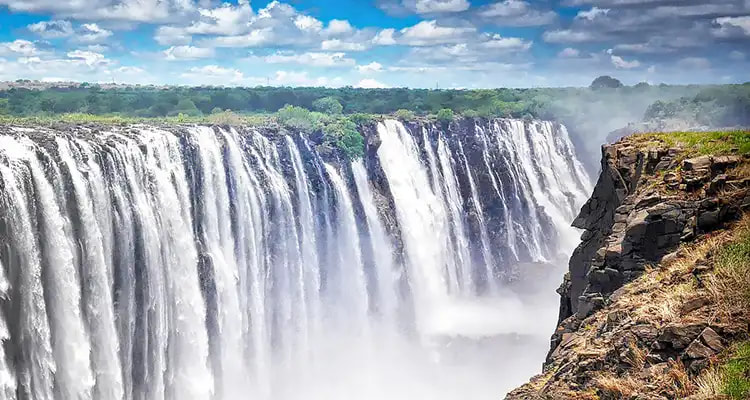
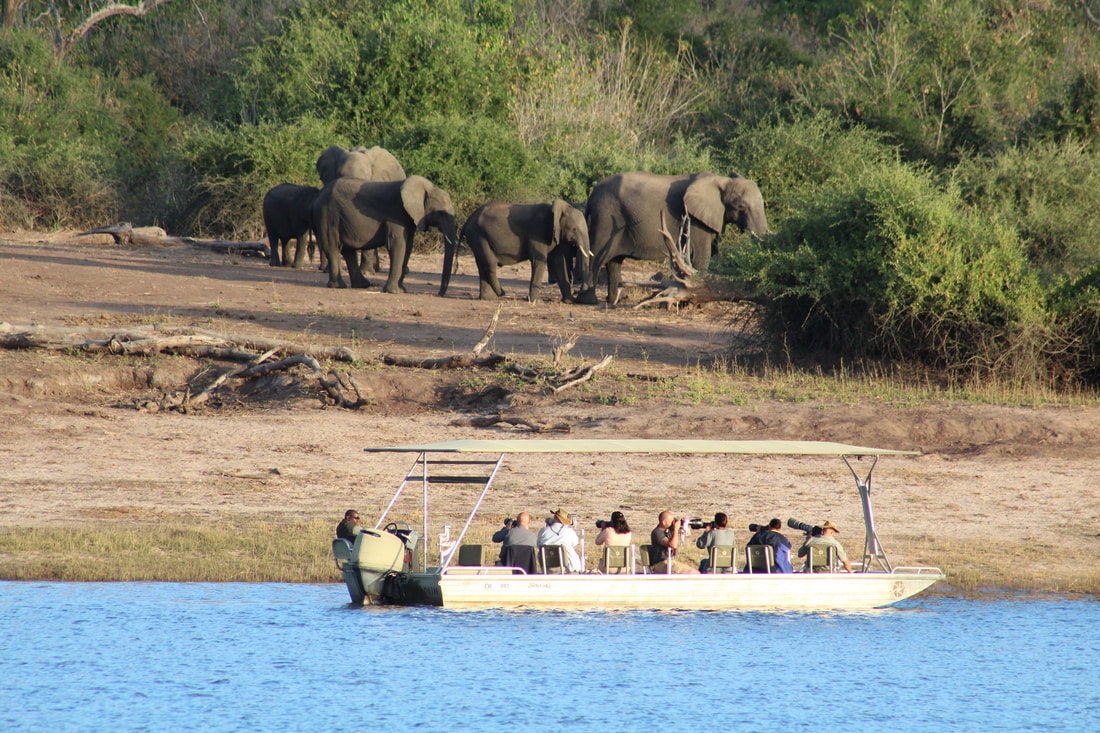
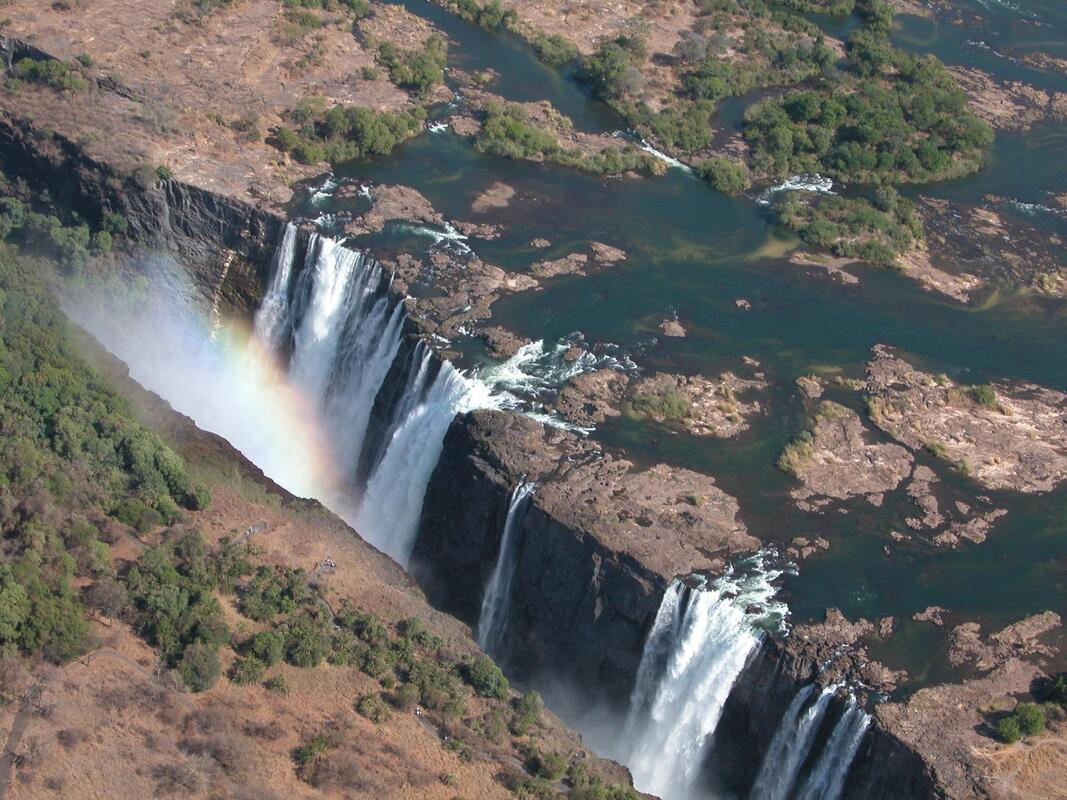
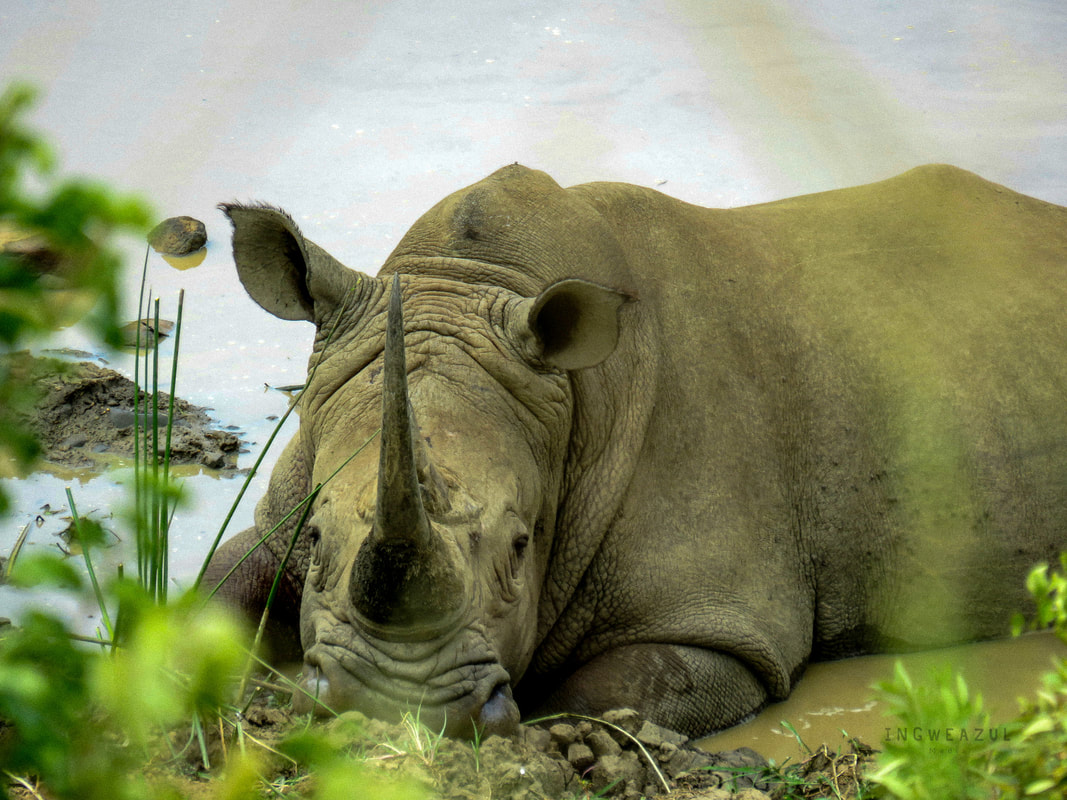
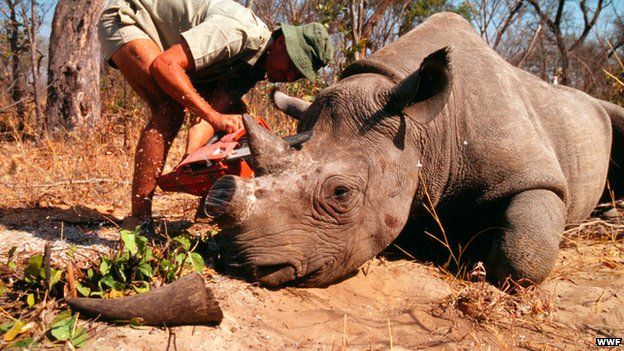
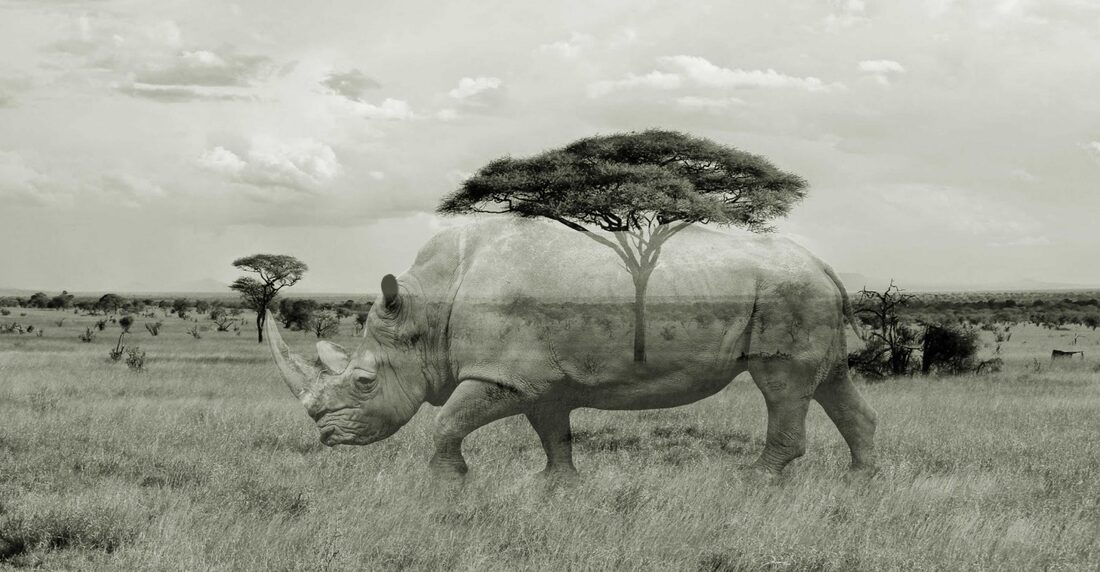
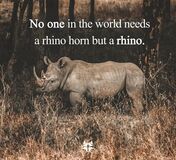
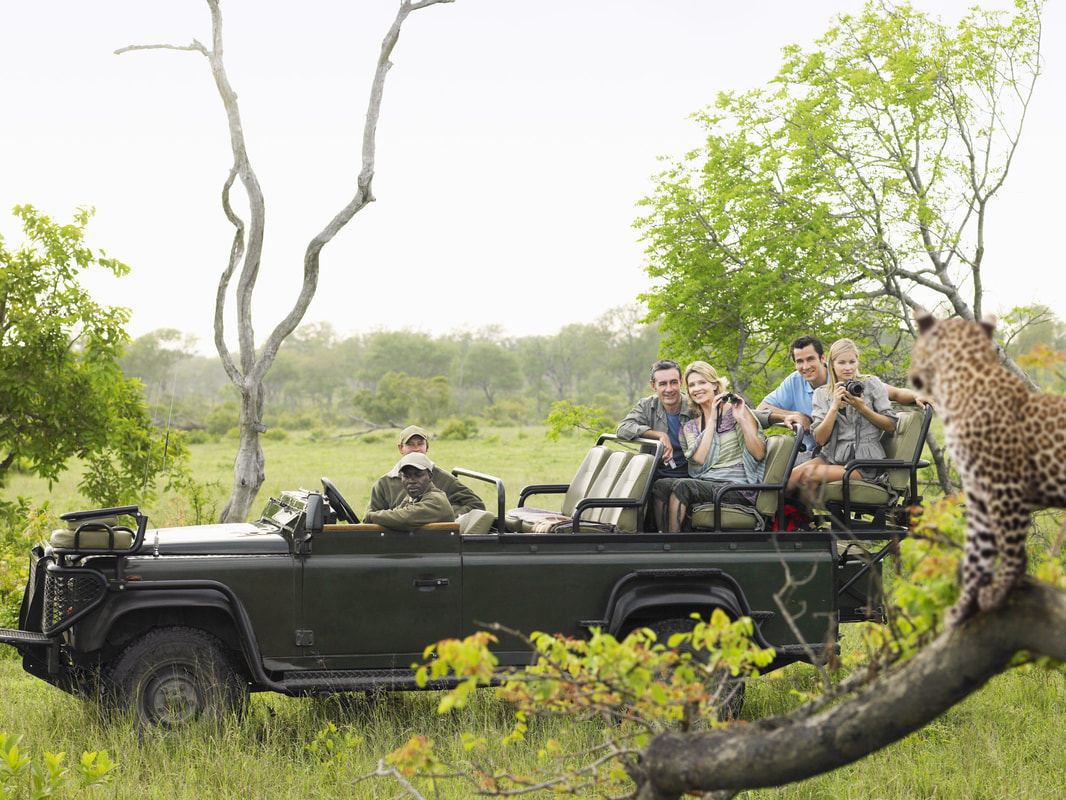
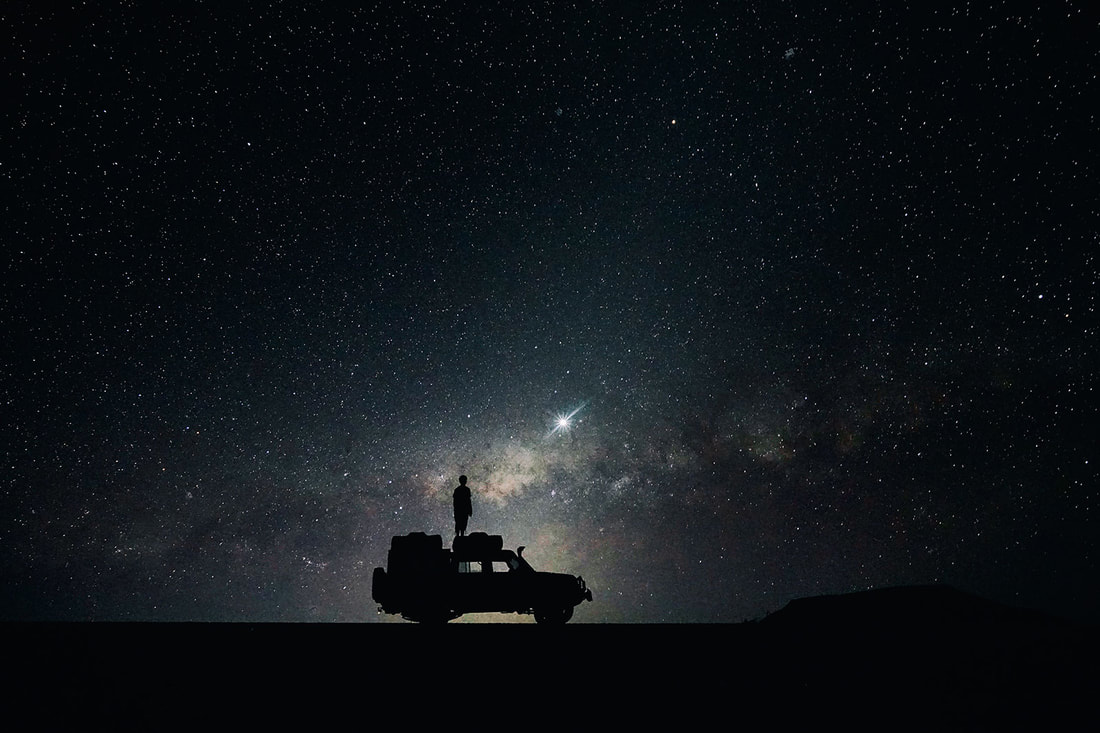
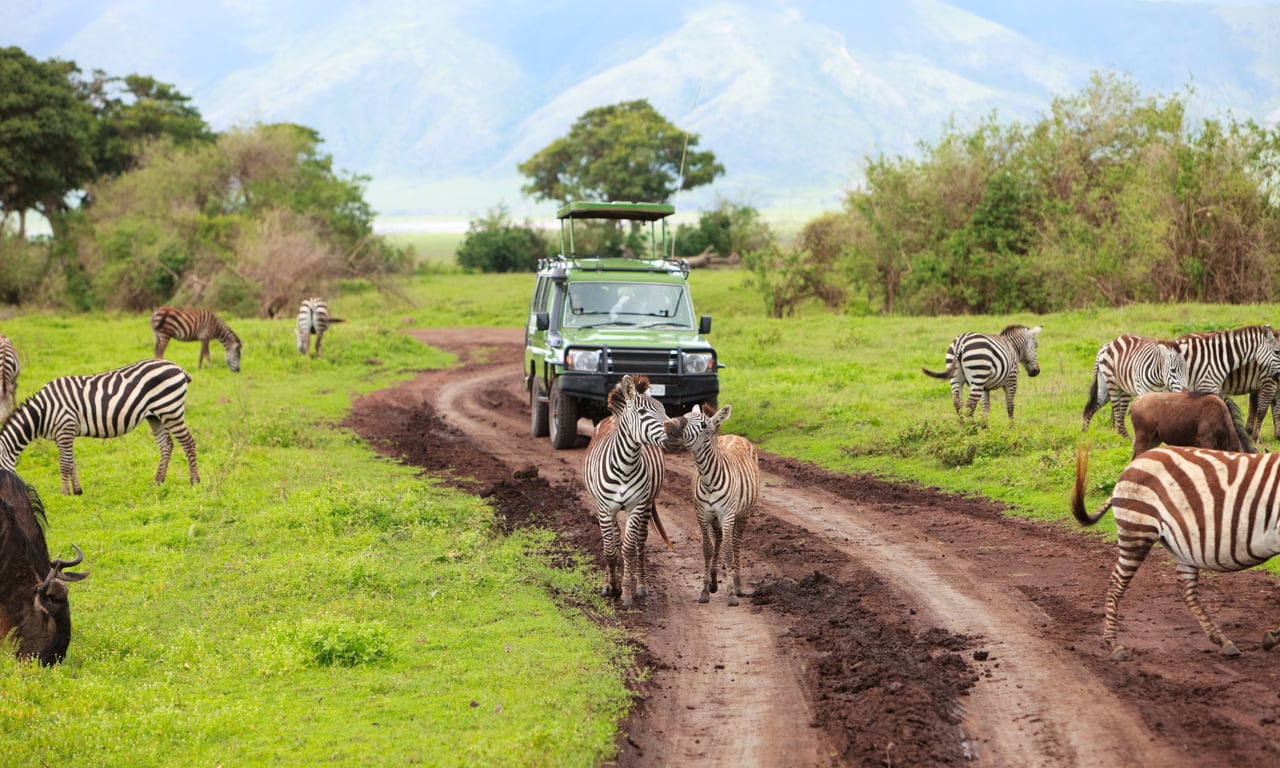
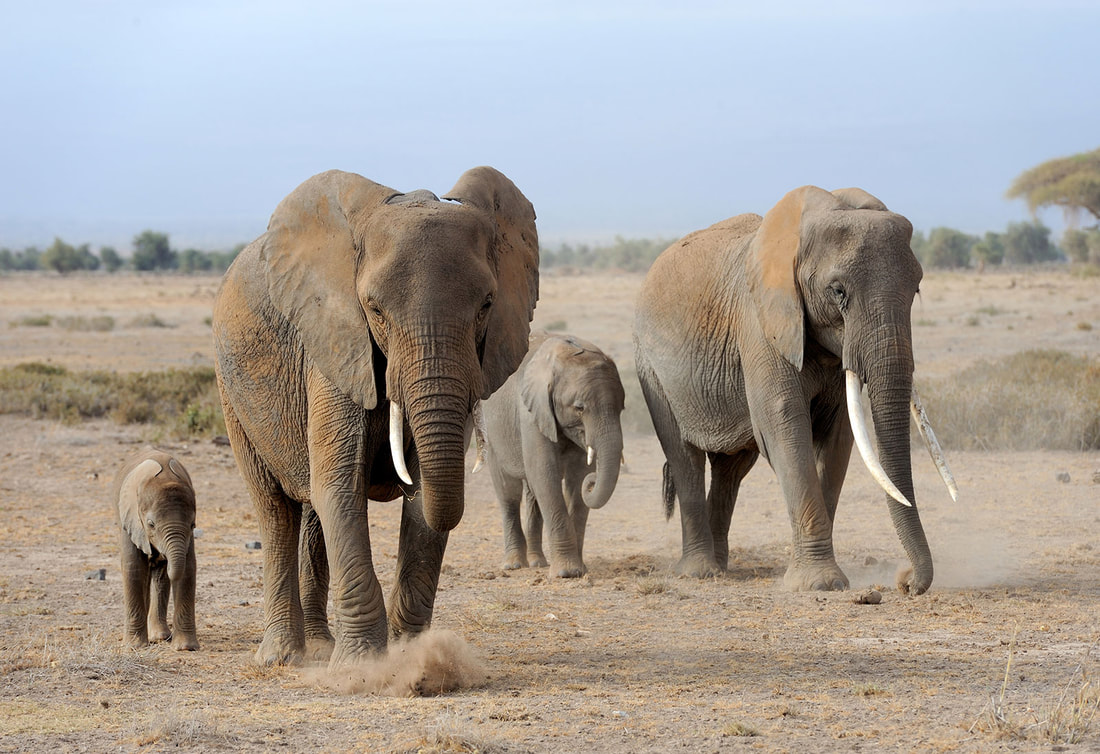
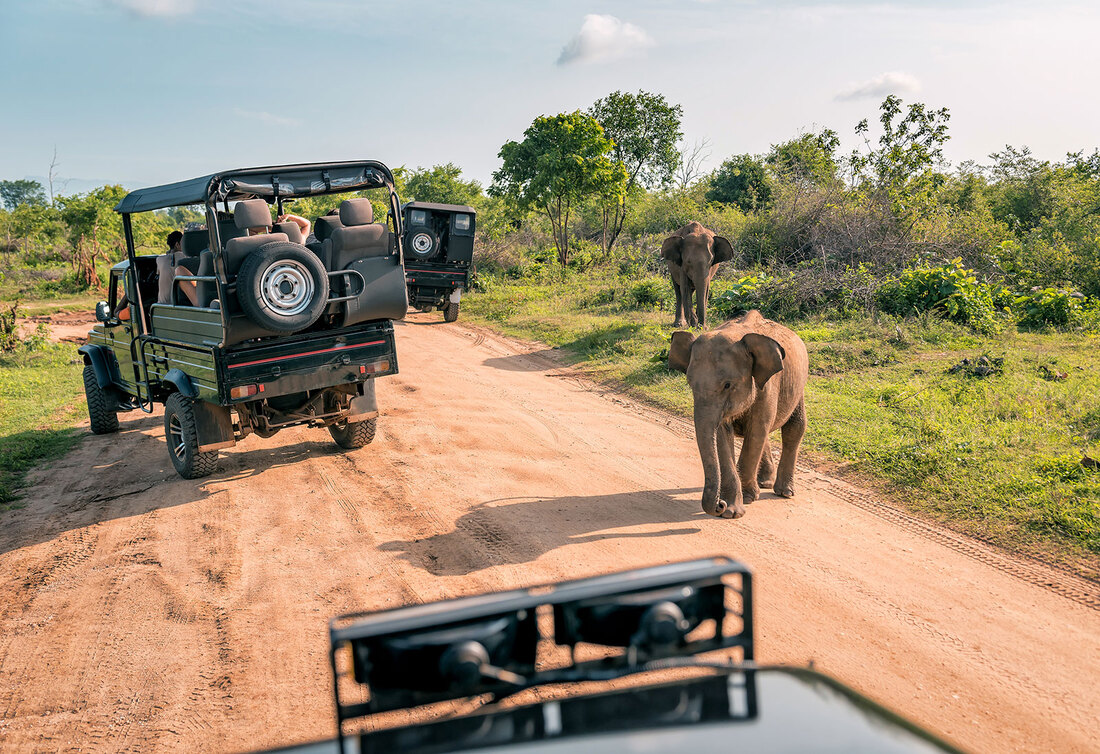




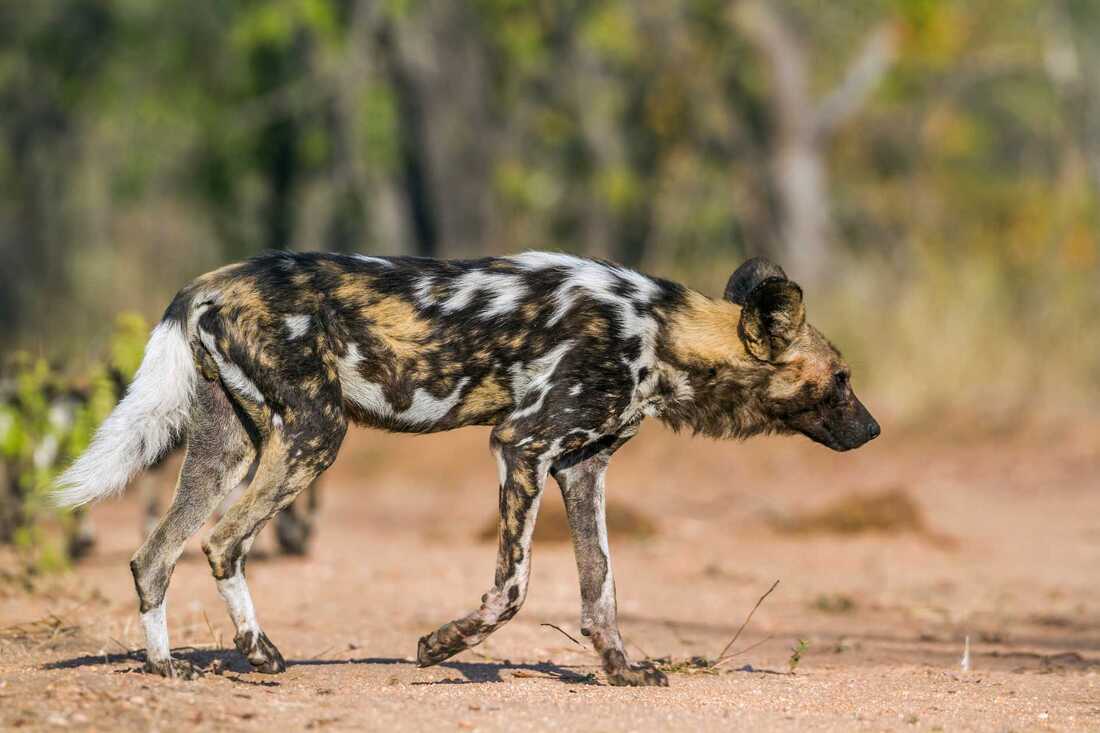
 RSS Feed
RSS Feed


